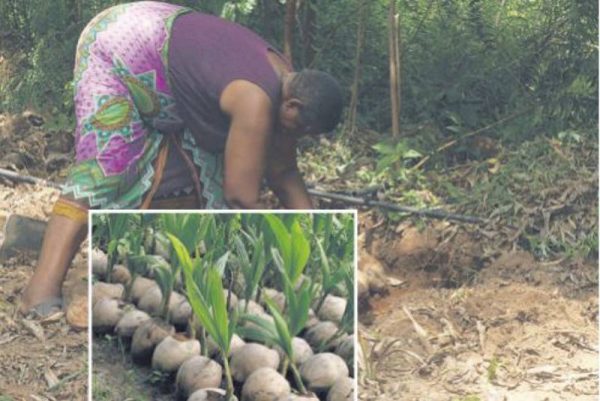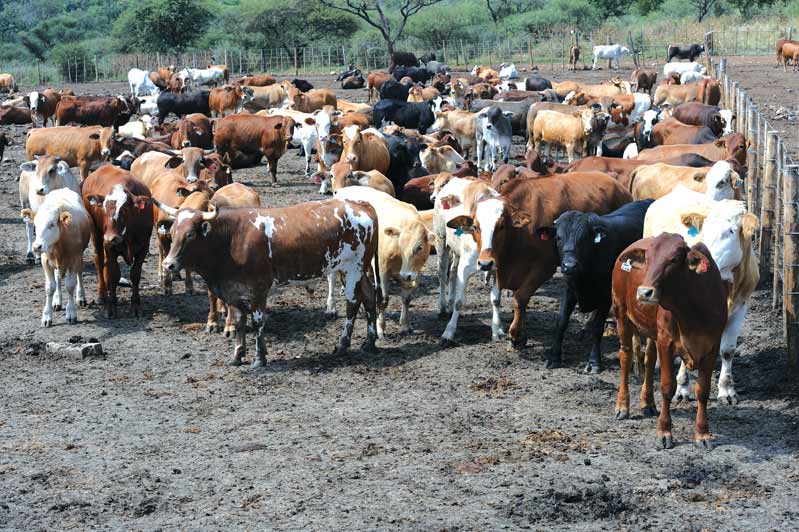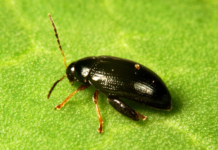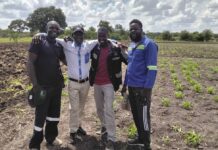The government of Kenya has announced plans to set up fund for coconut farmers at the Coast. Senate Committee on Agriculture, Livestock and Fisheries announced that the move follows challenges affecting farmers in the region.
The committee, chaired by Embu Senator Njeru Ndwiga, said the time has come to introduce a mechanism that will ensure coconut farmers fully exploit the tree. Speaking in Mombasa where they are taking various stakeholders through the Coconut Industry Development Bill, 2021, Ndwiga said coconut farmers at the Coast are stuck in the past, using old methods and seedlings.
“Research will enable stakeholders in the industry to identify the flaws in the sector and come up with solutions that will enable the farmers to get more from the tree than they are today,” said the Embu senator.
According to the Nuts and Oil Crops Directorate, at the Coast, coconut trees had taken up 82,921 hectares of land, producing 92,569 metric tonnes worth Sh4.8 billion by 2018. Kilifi county leads in coconut farming at the Coast with a total of about 40,225 hectares under coconut trees.
Quality varieties of coconut seedlings
This produced 44,044 metric tonnes of coconuts worth Sh2.4 billion in 2018, the last time a study was done. Kwale county follows, with 30,895 hectares under coconut trees, which were worth Sh1.9 billion. Lamu county had 10,503 hectares of coconut trees, producing 5,887 metric tonnes of coconuts worth ShSh282 million. Mombasa had 151 hectares of land under coconut trees producing 1,953 metric tonnes of coconuts worth Sh93 million.
Taita Taveta county had 97 hectares of land under coconut trees, producing 759 metric tonnes of coconuts worth Sh37.9 million. Tana River county had 1,050 hectares of land under coconut trees, producing 740 metric tonnes of coconuts worth Sh36.3 million.
Ndwiga said there are better quality varieties of coconut seedlings that are used in countries like India, which mature faster and give more yields, which translates to more money. The Kenyan coconut farmer still uses the old seeds that take five to six years to mature whereas there are seedling varieties that take only three years to mature.
The senator said the old variety of coconut trees are too tall, making it dangerous for the farmers who climb them. Shorter varieties have emerged in countries like Indian and Asian states. Ndwiga said there are many products that can be found from coconut trees and their fruits which remain largely untapped in Kenya. County governments at the Coast need to enhance extension services so as to help farmers improve on their farming methods and yields, the Senator noted.









[…] Source link […]
Comments are closed.